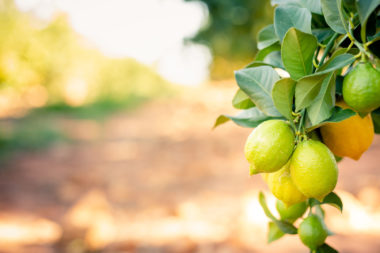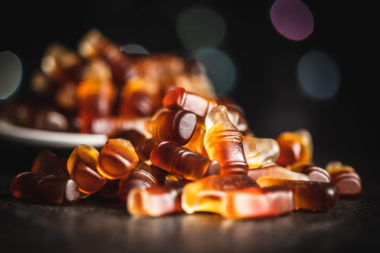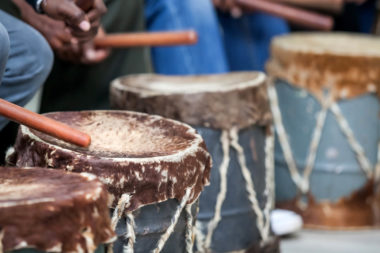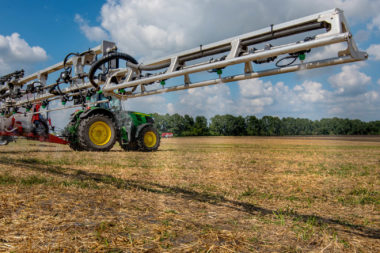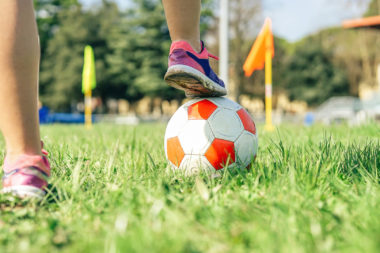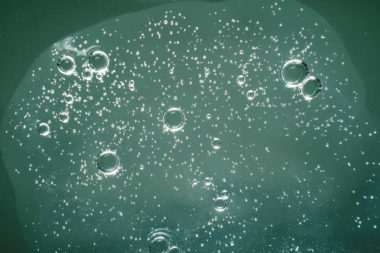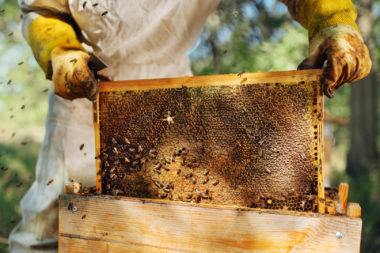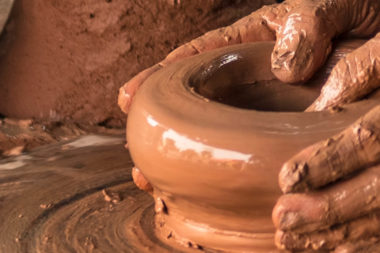

The immune system: How it works & how to boost it
Join the Fascia Conversation Today!
You probably know that the immune system is our defensive wall protecting us from the threats from the outside world – but do you know how it works and how to boost it?
The immune system will never rest
Our immune system must protect us from foreign invaders in the body so that we do not get sick. It can be various infectious agents, such as bacteria, viruses, fungi, protozoa or other parasites.
The immune system also works to kill tumor cells in our body, when foreign particles and toxins enter the body or when we are injured, and the body starts a healing process. Our immune system is essential for us to survive.
We are constantly surrounded by infectious agents and particles that can harm us and the immune system works around the clock to patrol and monitor that no stranger enters the body.
The word immune comes from the Latin word immunitas = exempt. Those who cope with an illness are excluded and will not get sick again.
The immune system distinguishes between itself and not itself. Each individual has unique structures on the surface of their own cells, structures that are the identification of my cells (so-called HLA, antigenes). The immune system learns during childhood up to puberty to recognize the identification of one’s own body. If cells or particles of unknown identity enter the body, the immune system responds by attacking and killing the invaders.
An inflammation is created when the immune system responds to an infection or even overload without infection.
An increased influx of white blood cells, from blood and lymph, and increased activity in the damaged area produces the following symptoms;
- Heat
- Redness
- Swelling
- Pain
- Disability
Three key parts of the immune system
- Outer barrier – non-specific.
- Epidermis, mucous membranes, cilia.
- Innate immune system – non-specific, responds quickly; 7-72 hours.
- Phagocytes, such as macrophages and granulocytes, mast cells.
- Adaptive or acquired immune system – specific, learn and retain foreign antigens, slow >72 hours.
- Lymphocytes – have to mature in some lymphoid organ.
- B-lymphocytes – produce antibodies and memory cells and help alert the T-lymphocytes, also regulate other immune cells and stop lymphocytes that cause inflammation.
- T-lymphocytes – Killer T-cells; destroy defected cells or tumor cells, Helper T-cells help other leukocytes to control the immune response. There are also other T-cells, such as regulatory, memory and natural killer T-cells.
- NK-cells – Natural killer cells are a third type of lymphocyte, specialized in killing cancer cells and cells infected by virus.
- Lymphocytes – have to mature in some lymphoid organ.
All white and red blood cells are formed from stem cells in the bone marrow. The phagocytes in the non-specific immune system are ready to attack directly when presented with infectious agents. The lymphocytes must mature into some lymph organism before they are complete and ready for work. T-lymphocytes mature in the thymus and B lymphocytes mature in bone marrow or the spleen.
Active immunization is when the body’s immune system gets to work to build up antibodies against an infectious substance that the body has been exposed to. It may take a few weeks for the body to work and form antibodies against a contagious substance and sometimes it may also need a “reminder” as the antibodies may disappear over time or the contaminants change slightly, changing the surface HLA-structures. Completion of illness provides active immunization, but not all diseases give life-long immunity. Vaccination is also a type of active immunization.
In passive immunization, the body is served antibodies, which are produced by another individual, and thus does not need to work on forming its own. Examples of this are when the fetus gets antibodies, which are produced by its mother, through the placenta or when the baby drinks colostrum for the first few hours after birth. Antibodies can also be delivered with plasma or serum with antibodies from another immunized individual via injection. These antibodies do not have a long life and immunity diminishes gradually (a few months). If the body is not exposed to the infection, its own immune system cannot take over to form new antibodies, as the donated have “died”.
10 tips to boost your immune system
You can strengthen your immune system by taking care of your body as a whole, both mentally and physically. The following are of most importance but not always enough;
- Good nutritious food, with lot of fresh vegetables, fruit and berries; sweet pepper, cauliflower, broccoli, kale, kiwi, strawberries, blackcurrant, lemon and other citrus fruits.
- Enough and regularly sleep,
- Sun and fresh air.
- Exercise and walk.
- Pleasant, social activities.
- Try to avoid worry and prolonged stress
- Deep breath with a long, slow exhalation, this stretch and clear the lungs and stimulate the lymph flow.
- Keeping the fascia supple with movement such as yoga, and manual treatment helps the lymph to freely flow and hence the immune system.
- Secure with supplements; Vitamin C, Vitamin D, Zn, Selenium, Mg and many more antioxidants helps to avoid oxidative stress.
- Addition of mushrooms; Reichis fungus, Turkey tail and others. Recent research shows that these fungi have many positive effects on the immune system, both preventive and therapeutic in disease.
- Keeping the fascia supple with movement such as yoga, and manual treatment helps the lymph to freely flow and hence the immune system.
- Secure with supplements; Vitamin C, Vitamin D, Zn, Selenium, Mg and many more antioxidants helps to avoid oxidative stress.
- Addition of mushrooms; Reichis fungus, Turkey tail and others. Recent research shows that these fungi have many positive effects on the immune system, both preventive and therapeutic in disease.










